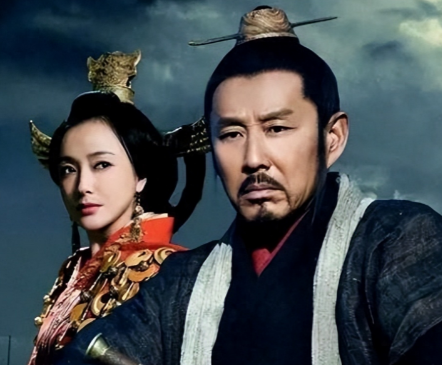In the ancient history of China, the inheritance of the throne was often the core of power struggles. Emperor Kangxi, as an outstanding monarch of the Qing Dynasty, presided over a prosperous and thriving country during his reign. However, after his death, a fierce competition arose over who would become his successor. Ultimately, the Fourth Prince Yin Zheng (later known as Emperor Yongzheng) successfully ascended the throne. So, why did Kangxi pass the throne to the Fourth Prince Yin Zheng?

1. The Structure of Kangxi's Sons
Emperor Kangxi had 35 sons, of which 14 were legitimate. Among such a large group of princes, the question of who would become the heir to the throne became a matter of great concern. Early on, Kangxi had named the Second Prince Yin Rong as the crown prince, but later deposed him due to various reasons. This gave other princes hope of competing for the throne.
2. The Advantages of the Fourth Prince Yin Zheng
In this struggle for the throne, the Fourth Prince Yin Zheng demonstrated significant advantages. Firstly, he possessed high political wisdom and abilities, earning the trust of Emperor Kangxi. Secondly, he had a certain influence in the court, having established good relationships with many powerful officials. Additionally, he weakened the power of other princes and solidified his own position through a series of political maneuvers.
3. The Reasons Why Kangxi Passed the Throne to the Fourth Prince Yin Zheng
There are several reasons why Kangxi chose to pass the throne to the Fourth Prince Yin Zheng:
Political Talent: Emperor Kangxi believed that the Fourth Prince Yin Zheng possessed the talent and wisdom to govern the country, continuing its prosperity and development.
Support from the Establishment: The Fourth Prince Yin Zheng enjoyed significant influence in the court, ensuring stability in the throne succession.
Personal Qualities: The Fourth Prince Yin Zheng was humble and diligent, qualities that aligned with Emperor Kangxi's expectations of a monarch.
The Imperial Will: Emperor Kangxi left a testament before his death, clearly naming the Fourth Prince Yin Zheng as his successor.
4. Conclusion
In summary, Emperor Kangxi's decision to pass the throne to the Fourth Prince Yin Zheng was based on various considerations. Although there have been many controversies regarding Kangxi's succession in history, the situation at that time clearly favored the Fourth Prince Yin Zheng as a suitable candidate. During his reign, he continued Emperor Kangxi's governance philosophy, further promoting the prosperity and development of the country.
Disclaimer: The above content is sourced from the internet and the copyright belongs to the original author. If there is any infringement of your original copyright, please inform us and we will delete the relevant content as soon as possible.































